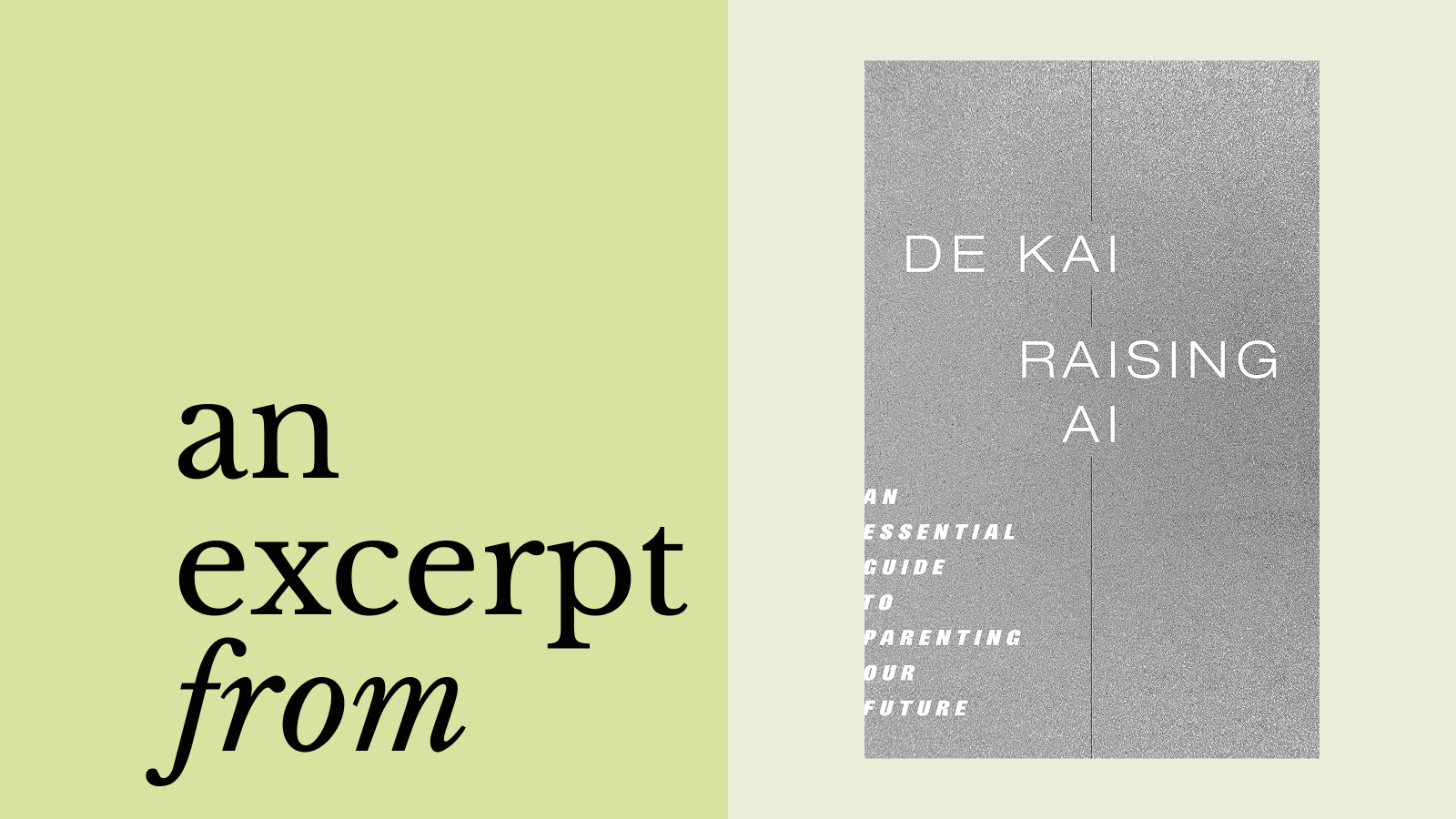Sometimes you hit a home run, sometimes you strike out
As a blogger, it’s sometimes hard to anticipate how folks will react to your content. If you’re striving to reach and dialogue with others, hopefully your blogging is of value to them and your audience and interactions grow. Occasionally, of course, what you write will strike a wrong chord or turn off your readers. All you can do then is keep plugging away and hope that what you write next will resonate better with your community.
My slide of the other day is a good example of this. I got almost universal (and quite visceral) pushback on it, which meant that folks weren’t buying what I was selling, particularly since my language for the slide was a bit over the top. That’s okay; I’m not going to hit one out of the park with every post. I still appreciated the dialogue and the opportunity to further explain some of my thinking in the comments discussion. It may that I’m completely wrong on this one, or that I’m the only one willing to take this stance. It wouldn’t be the first time and probably won’t be the last.
I am extremely grateful for the community that revolves around this blog. The dialogue, affirmation, concurrence, feedback, pushback, and downright disagreement that occur here are very valuable for my own thinking and bring out a variety of viewpoints that I never could provide on my own. I hope all of you will keep sharing your thoughts and feelings about the things that I write. I believe that we all benefit from the conversation.
I tell people who are considering putting themselves out there into the blogosphere that they will need a thick skin. Just like corporations, government officials, or celebrities, we bloggers must be prepared for public criticism. Sometimes it stings; no one likes to be labeled as unwise or ‘dangerously innumerate‘ or ‘ho hum.’ But I think you have to embrace the criticism as feedback. Universal affirmation doesn’t foster growth.
So thank you, Kate Nowak, for your extremely thoughtful post about how you feel about this blog. I’ll be thinking about what you wrote for a very long time, I promise (and I hope that someday we get to talk with each other). You’re correct that I sometimes use overly strong language to push for schools to move in what I believe are needed directions. And sometimes, as you point out, my stance is simply too one-sided or ‘out there,’ partly because I’m a pretty strong believer in this dialectic (can I blame it on my law school training?):
I don’t claim to know the truth on all of this ‘what should the future of schools be?’ stuff. But I do feel that together we can figure it out and make it happen in ways that work for the benefit of students and society.
Many (most?) school leaders are running on autopilot in the sense that they rarely think about how the day-to-day decisions that they make get in the way of doing what’s necessary to create schools that are relevant for a digital, global age. Every day they do things that reinforce and strengthen the status quo rather than build the new, necessary educational paradigm. My writing on this blog is meant to shake things up a bit, to stir the pot and hopefully get folks to at least THINK a bit about their actions and decisions. I try as often as I can to be aggressively skeptical, not just willfully ignorant. Usually it seems to work; sometimes it doesn’t. I do know, however, that we’re never going to get to where we need to be if we don’t push the envelope with both our actions and our rhetoric.
Right now most of our schools are ‘dangerously irrelevant‘ to the current and future needs of our students. That’s why I continue to push on the existing paradigm. I also work extremely hard on this blog and in other arenas to provide thoughtful (and thought-provoking), useful resources and training that help school leaders move themselves and their organizations forward. I hope that there will come a day when I and others are dangerously irrelevant, when half of the educational technology and school reform blogs disappear because there is no longer a need for us. Until that day occurs, however, I hope that we all will continue to read each other, share with each other, and critique each other so that we may collaboratively build the thought space that’s necessary to create the schools that our children and grandchildren deserve.
Thanks, everyone.
Photo credit:anthony selonke vi






